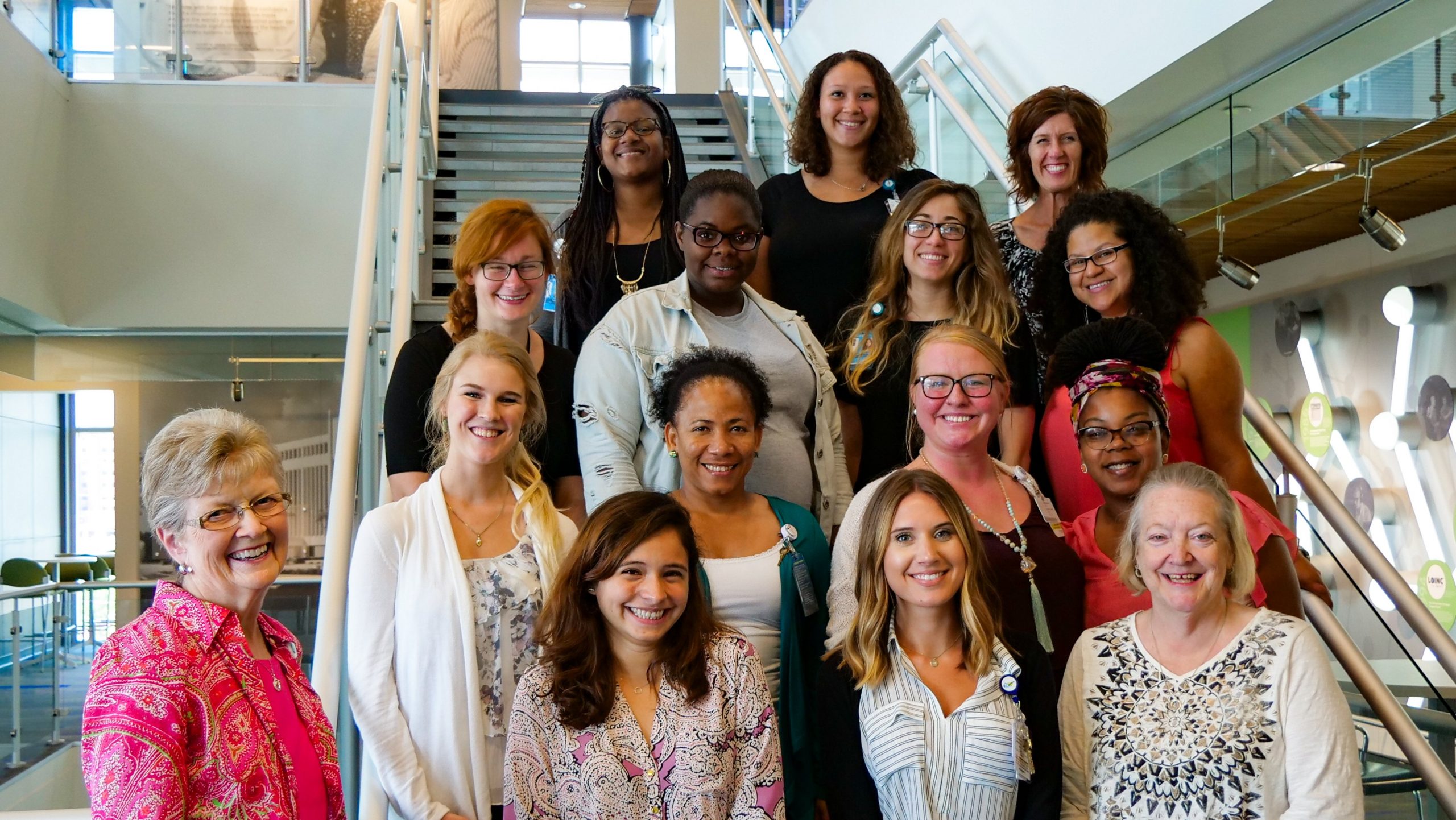Indiana has an infant mortality problem.
Currently, the Centers for Disease Control and Prevention ranks Indiana 45th by Infant Mortality Rate (The number of deaths per 1,000 live births of children under one year of age). While the national IMR is 5.9, Indiana has had a rate of over 7 for several years.
Worse, within Marion County, the IMR for African Americans is 13, nearly double that of Caucasians.
Not all causes of Infant Mortality are preventable. Some risks, though, can be reduced through existing healthcare practices and solutions that are backed by sound evidence. Many mothers simply don’t know about these solutions, or have other difficulties getting access to care that could help their child.
Community Health Workers serve as advocates and navigators, helping families locate services and bridging the gap between the clinic and the home.
The WeCare project, led by Dr. Deb Litzelman, has already shown results in reducing hazards to newborn health by partnering pregnant women and new parents with Community Health Workers. WeCare has also established an SMS-based intervention that provides health information to parents based on their self-identified needs, such as food access or smoking cessation.
To date, the WeCare community health model has improved high-risk maternal health outcomes for over 1500 women including: reduction/cessation in smoking by 5%; reduction/cessation in substance abuse by 37%; improvement in depression and anxiety scores by 20%; fewer skipped meals in last week by 24%; increased enrollment in WIC by 60%. Infant health indicators show improvements with 7% more babies sleeping on back and 6% more babies sleeping alone.
In its next phase as Care Plus, Litzelman’s project is targeting infant health issues related to the ongoing opioid crisis. Children of parents who suffer from addiction can be born with Neonatal Abstinence Syndrome (NAS), and experience symptoms of opioid withdrawal following birth. These symptoms can lead to severe complications, and even death.
Care Plus’ Community Health Workers have been recruited from a wide variety of community organizations like Shepherd Community, Raphael Health Center, Eskenazi, and Indy Healthnet, that already have established relationships with their neighborhoods. These Community Health Workers will be trained as Addiction Recovery Coaches to continue the work of WeCare adding a focus on serving the specific needs of parents who are overcoming addiction.
Through it all, Community Health Workers will serve as the backbone of the project. By building relationships with pregnant women, new mothers, as well as fathers and caretakers, the one-on-one relationship with a Community Health Worker will activate the families’ abilities to avoid risky behavior and link them to needed social services.
It’s not possible at the present to get the infant mortality rate down to zero but programs like WeCare and CarePlus are making an impact in reducing the highest-risk behaviors associated with the main causes of infant mortality. Over time, this community-based work provides support for improved individual health behavior, leading to the building of strong families and strong communities.









